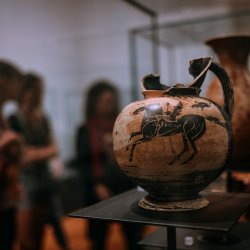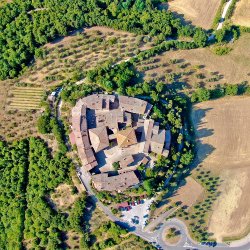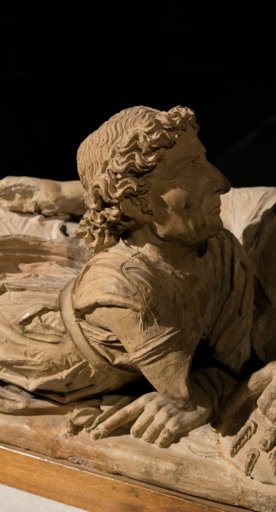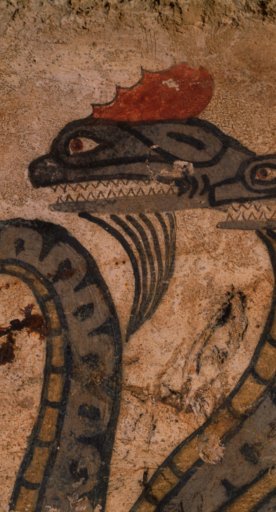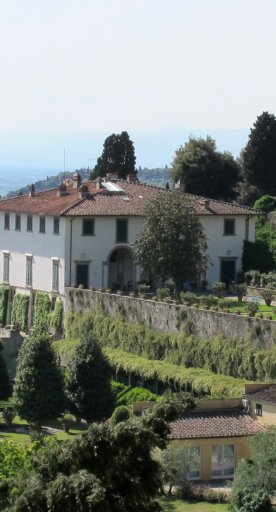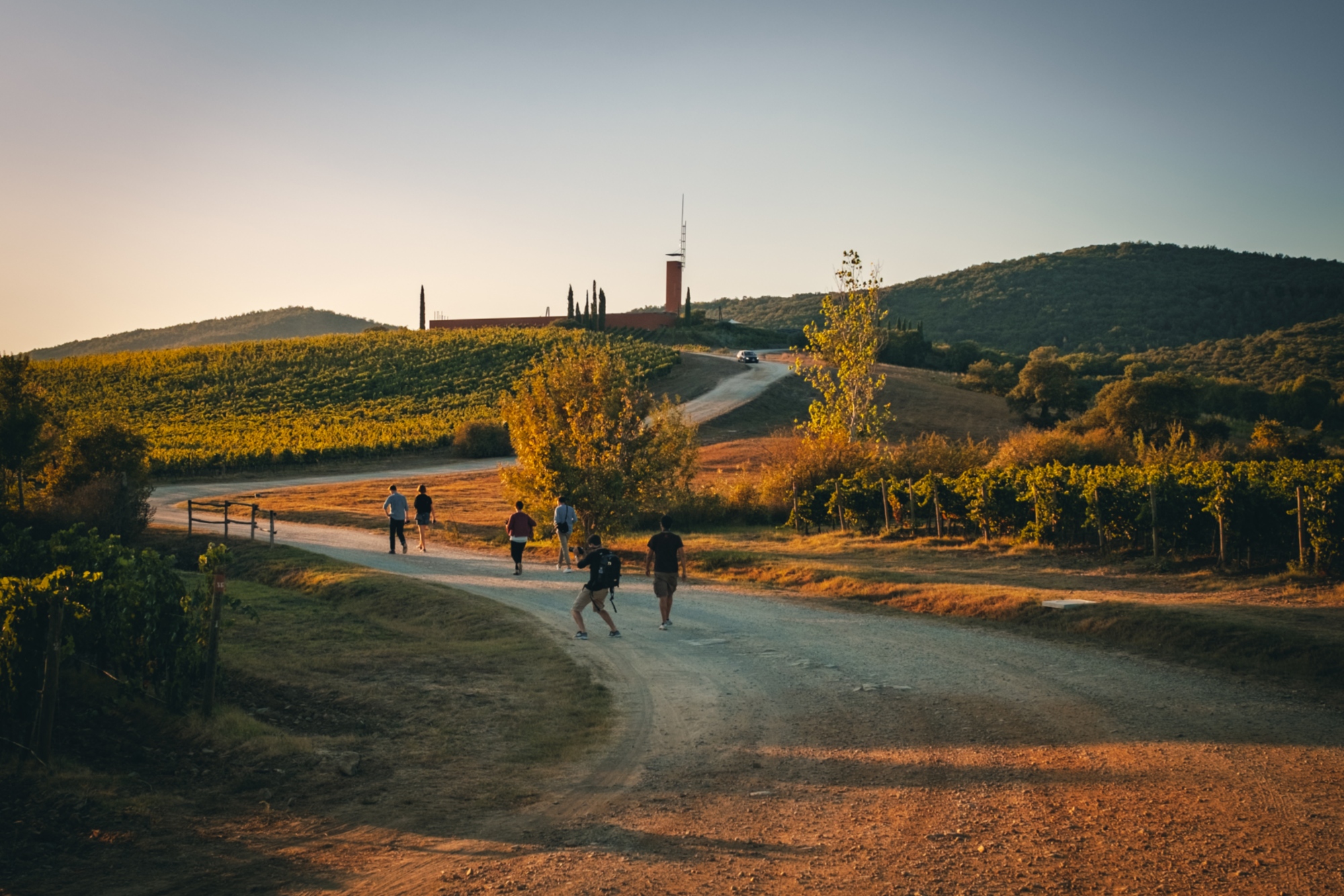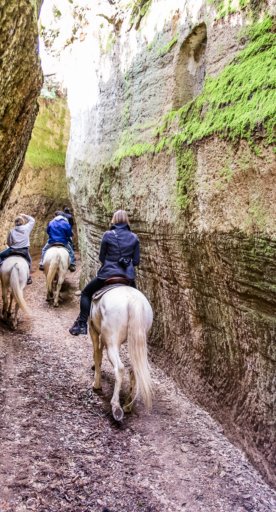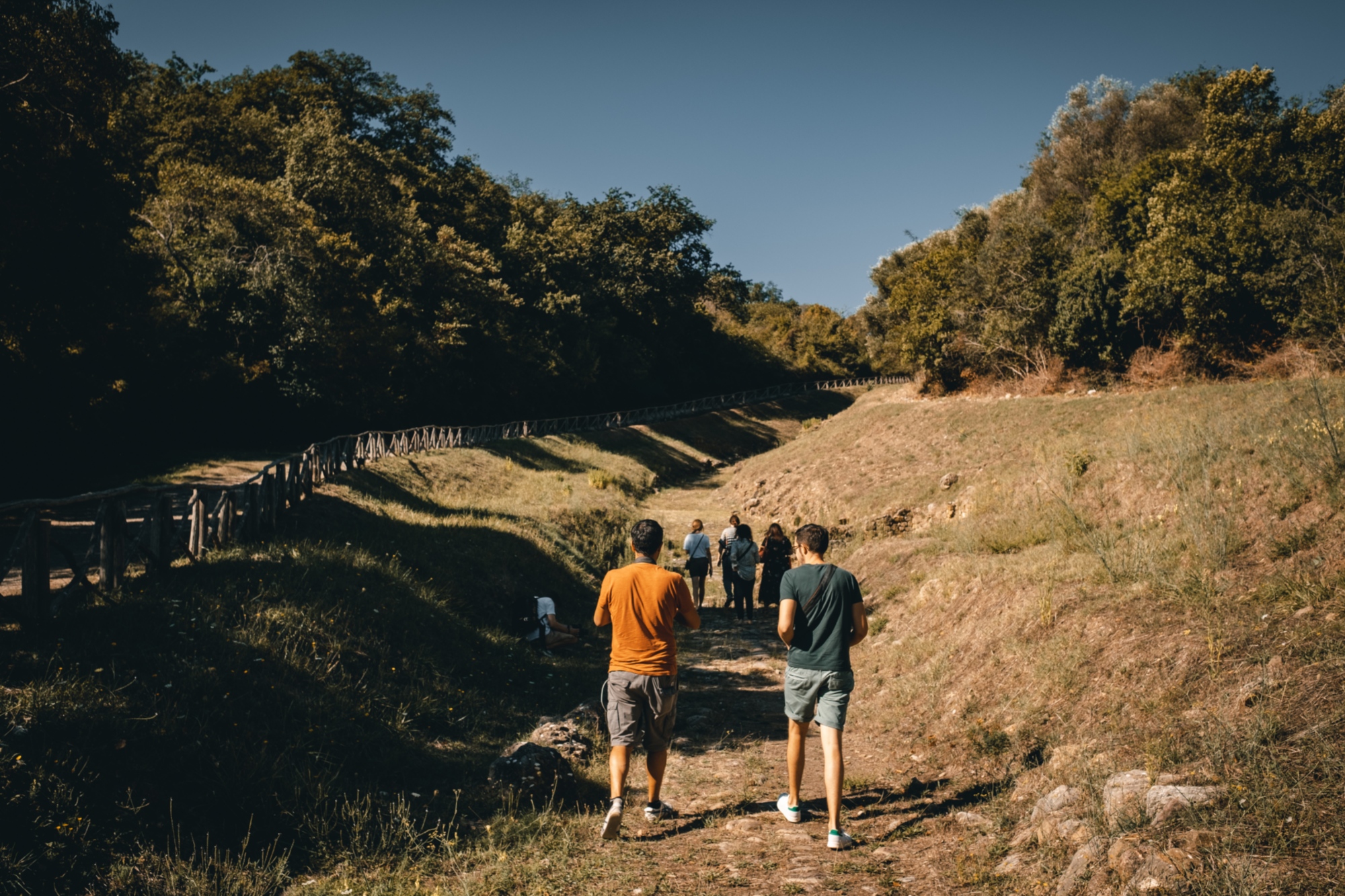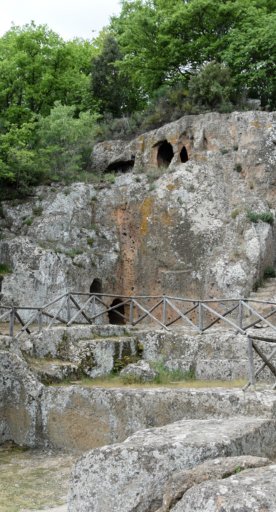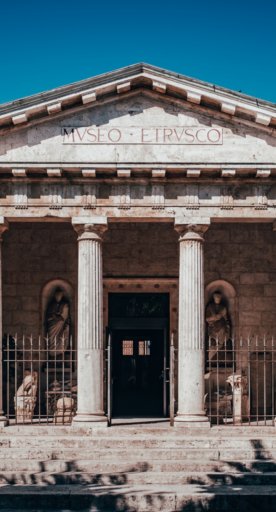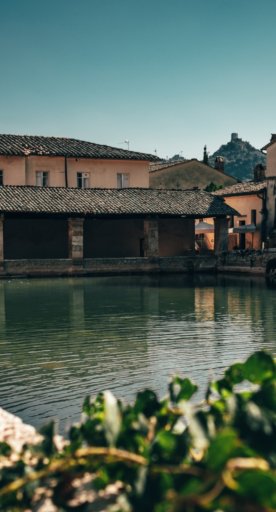
In the footsteps of the Etruscans in the archaeological areas of Tuscany
An immersion into the open-air Etruscan heritage, between archaeological sites and parks of international importance
Tuscany is an open-air museum. The whole territory is dotted with archaeological sites that tell the story of the Etruscan people. Places collected and protected by archaeological areas and parks that have made this precious and immense heritage usable. From the coast to the hinterland, from north to south, below are the main Etruscan archaeological areas and parks in Tuscany.
-
1.Archaeological Park of Carmignano
-
2.Archaeological Park of Pieve Socana
-
3.Archaeological Park of Sodo
-
4.Archaeological Site of Poggio Renzo
-
5.Archaeological Park of Chianciano Terme
-
6.Pianacce Archaeological Site
-
7.Archaeological Park of Baratti and Populonia
-
8.Archaeological Area of Vetulonia
-
9.Archaeological Area of Roselle
-
10.Archaeological Area of Poggio Tondo
-
11.Archaeological Park of “Città del Tufo”
Archaeological Park of Carmignano
Among the most beautiful hills of Prato, the Archaeological Park of Carmignano includes the four most important archaeological sites that enrich an area already studded with Renaissance history and scenic wonders, in addition to the museum in Artimino. The itinerary involves the settlement of Pietramarina on the slopes of Montalbano, the necropolis of Artimino in Prato Rosello, the Tumulus of Montefortini and the tomb of Boschetti in Comeana.
Archaeological Park of Pieve Socana
In the beautiful area of Castel Focognano, the southern edge of Casentino, near to the Romanesque parish church of Socana stood an Etruscan temple dedicated to the gods Tinia and Menerva, which coincide respectively with Jupiter and Minerva. The remains of this building were brought to light during excavations carried out between the '60s and '70s, and today they are part of the archaeological area, which includes artifacts of various kinds and which also attest to relations with the Etruria Padana.
Archaeological Park of Sodo

Situated at the foot of the hills on which Cortona stands, the Archaeological Park of Sodo and Tomb of Camucia is part of MAEC, the Etruscan Academy Museum of the City of Cortona. The archaeological park brings together three important funerary buildings dating back to Etruscan times, known locally as "Meloni". Grave goods and various funerary objects from these tombs are found in the museum in the historical center of Cortona.
Archaeological Site of Poggio Renzo

The Etruscans left a great legacy in the land of Val di Chiana. Chiusi and its surrounding area are no exception; the necropolis of Poggio Renzo complex, which conceals a veritable small archaeological treasure, the Tomb of the Monkey, was found close to the town. The tomb is named this way due to the presence of one of the few local examples of Etruscan painting. In addition to this tomb there other important testimonies of the Etruscan civilisation, such as the Tomb of the Pilgrim, the Tomb of the Lion and Tomb of the Hill.
Archaeological Park of Chianciano Terme
Etruscan history and water come together in the Chianciano Terme area. The extensive homonymous archaeological park, which also includes the museum in the center of the town, embraces a truly rich Etruscan heritage, including the Tomb of the Pedata and the Etruscan farm of Poggio Bacherina, the necropolis of Tolle, the sacred area of Fucoli and the Morelli necropolis.
Pianacce Archaeological Site

Around one kilometer from the beautiful town of Sarteano is an archaeological site of great importance, the Pianacce necropolis. The burial area is home to the famous Tomb of the Infernal Chariot (Tomba della Quadriga Infernale) which in turn houses one of the main expressions of Etruscan wall painting.
Archaeological Park of Baratti and Populonia

Partly overlooking the spectacular coast of Piombino and partly concealed by the Mediterranean maquis, the archaeological Park of Baratti and Populonia covers a large area and several necropolises and industrial areas can be found in the lower part, as during Etruscan times this stretch of coastline was involved in the production of iron and trade with the Elba Island from which the raw material was imported. There is also an upper part, dominated by the acropolis, a unique example of an Etruscan city by the sea.
Archaeological Area of Vetulonia

The ancient medieval town of Vetulonia lies in the hinterland of Castiglione della Pescaia. Its original settlement is even older and dates back to the Etruscan period and is now one of the most important Etruscan archaeological sites in Tuscany. The large archaeological area is made up of fascinating and well-preserved necropolises, including two monumental tombs, the Pietrera Tomb and the Tomb of the Diavolino.
Archaeological Area of Roselle

Close to Vetulonia, but within the Municipality of Grossetto, Roselle is the city of cyclopean walls, immersed in the beautiful wild landscapes of the Maremma. It is also one of the most important archaeological sites and offers visitors the evocative remains of the Roman city mixed with Etruscan buildings and the necropolis of Serpaio with its chamber, shaft and pit tombs, as well as a tumulus.
Archaeological Area of Poggio Tondo
In the Valley of the Alma River, surrounded by the Scarlino countryside, the Etruscan necropolis of Poggio Tondo is a small open air archaeological treasure trove which includes four tombs presumably built between the 7th and 6th centuries BC and the ruins of a farm, again of Etruscan origin.
Archaeological Park of “Città del Tufo”

In the deep south of Tuscany, its best-known archaeological area, the "Città del Tufo" Archaeological Park, makes its way through the lush Maremma countryside. A widespread park that brings together the territories of Sorano and the hamlets of Sovana and Vitozza. These localities that go to make up the so-called area of the tuffs welcome an important Etruscan heritage among rock settlements, monumental areas and evocative paths dug into the tuff known as vie cave.

